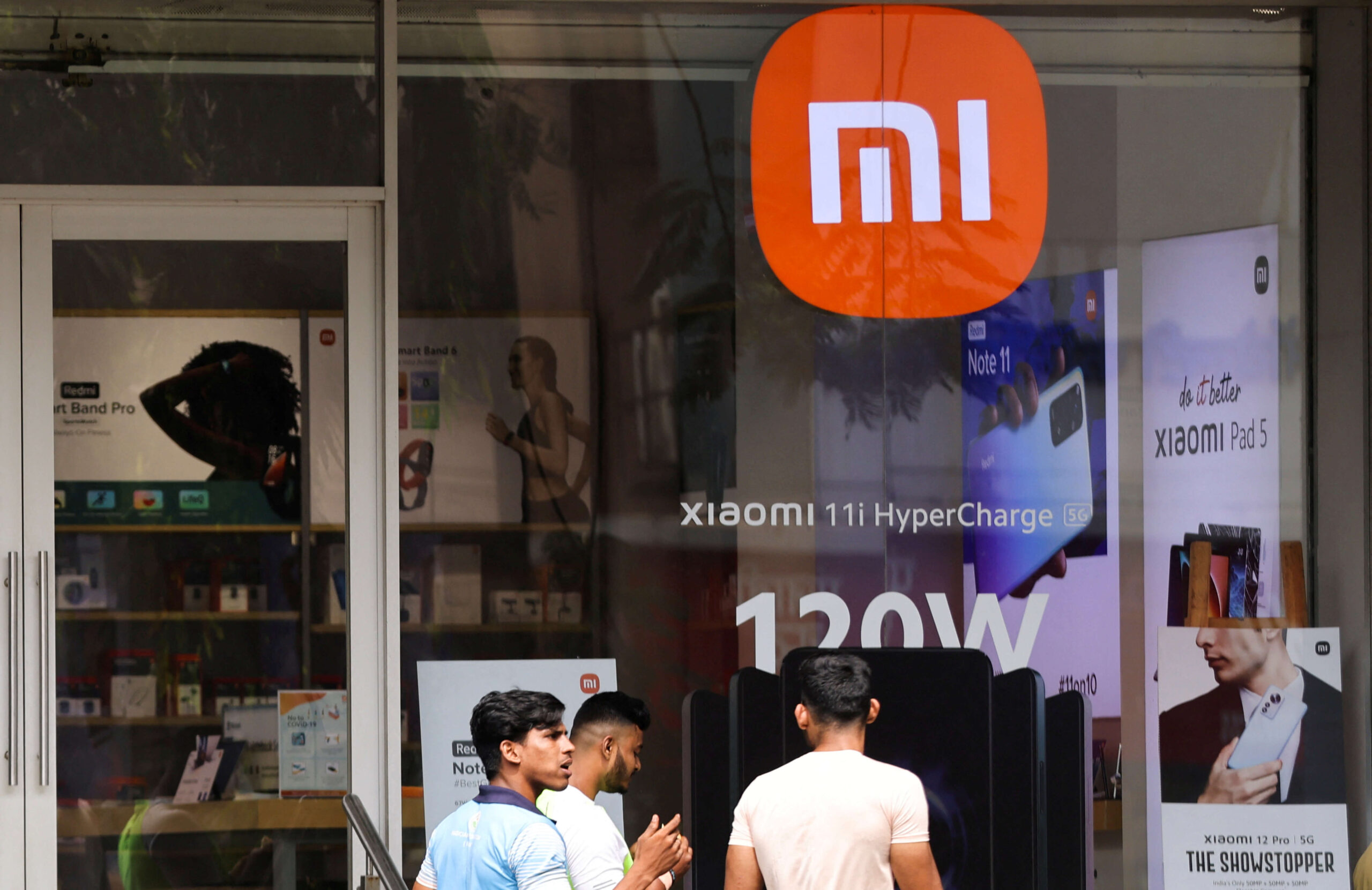New Delhi, July 16 – In a strategic shift, Xiaomi, the Chinese smartphone manufacturer, is planning to focus on boosting its sales through retail outlets in India, according to the company’s India president. After years of relying heavily on e-commerce, Xiaomi aims to revive its smartphone sales in the country, where it has fallen behind Samsung, the South Korean electronics giant.
While e-commerce sales in India, particularly through platforms like Amazon and Flipkart, have experienced significant growth in recent years, Xiaomi recognizes that the brick-and-mortar segment still plays a crucial role and expects it to continue growing. Although 44% of smartphone sales in India are now conducted online, Xiaomi’s sales from physical retail stores only accounted for 34% of its total India unit sales this year, with the majority coming from online channels, as per data from Counterpoint Research.
Muralikrishnan B., the head of Xiaomi India, acknowledged that the company’s market position in the offline sector lags behind its online presence. Offline sales present a different competitive landscape, with rival brands that have established themselves and hold a larger market share. In contrast, Samsung derives 57% of its sales from retail stores. To address this disparity, Xiaomi plans to expand its store network beyond the existing 18,000 outlets and form partnerships with phone vendors to offer a wider range of products, such as Xiaomi TVs and security cameras, where competition is less intense.
However, Xiaomi’s decision to strengthen its offline presence comes after it lost its leadership position in India to Samsung, which boasts a broader portfolio of premium phones that are currently in high demand. Samsung currently holds a 20% market share in India, while Xiaomi, historically known for its budget-friendly phones, has a 16% share.
According to Tarun Pathak, an analyst at Counterpoint, offline retail remains a significant platform as India embraces the trend of premiumization. Consumers who are willing to spend more on smartphones prefer to experience the look and feel of premium products before making a purchase.
To support its offline expansion, Xiaomi plans to hire more store promoters, whose role is to attract and sell phones to potential buyers within retail outlets. The company aims to triple the number of promoters to 12,000 by the end of the following year compared to the levels in early 2023.
Aside from the challenge of strengthening its offline presence, Xiaomi faces another significant obstacle in India. Since last year, a federal agency has frozen the company’s bank assets worth $673 million, alleging illegal remittances made by Xiaomi to foreign entities under the guise of royalties. Xiaomi denies any wrongdoing and remains confident that its position will be heard and validated.
Xiaomi’s decision to shift its focus towards boosting sales through retail outlets in India marks a departure from its previous heavy reliance on e-commerce. By expanding its physical store network, partnering with phone vendors, and enhancing the in-store experience, Xiaomi aims to regain its market share in India and compete more effectively against Samsung, particularly in the premium smartphone segment.





